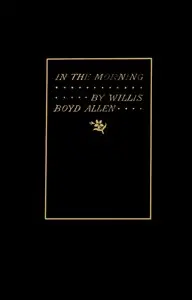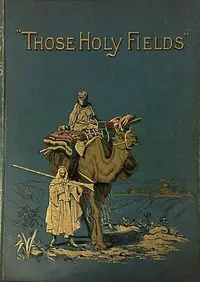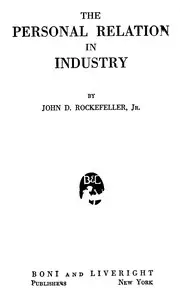"The Jew of Malta" by Christopher Marlowe is a play written during the late 16th century, specifically in the Elizabethan era. The work explores themes of greed, religion, and revenge through the story of Barabas, a wealthy Jew living in Malta, who faces persecution and betrayal at the hands of the Christian authorities. As tensions rise, Barabas's character is portrayed as cunning and ruthless, setting the stage for a dramatic conflict steeped in moral ambiguity. At the start of the play, we are introduced to Barabas, who is surrounded by wealth in his counting house. His fortune is threatened when the governor of Malta, Ferneze, demands tribute from the Jewish community to pay off the Turks, which leads to the seizure of Barabas's wealth. The opening also establishes a tense atmosphere with the arrival of Turkish forces and hints at the machinations against Barabas that will unfold as he plots his revenge. This setting primes the audience for a tale of conflict and intrigue, highlighting Barabas's complexity as both a victim and a villain in the unfolding drama. (This is an automatically generated summary.)

The Jew of Malta
By Christopher Marlowe
"The Jew of Malta" by Christopher Marlowe is a play written during the late 16th century, specifically in the Elizabethan era. The work explores theme...
Christopher Marlowe, also known as Kit Marlowe, was an English playwright, poet, and translator of the Elizabethan era. Marlowe is among the most famous of the Elizabethan playwrights. Based upon the "many imitations" of his play Tamburlaine, modern scholars consider him to have been the foremost dramatist in London in the years just before his mysterious early death. Some scholars also believe that he greatly influenced William Shakespeare, who was baptised in the same year as Marlowe and later succeeded him as the preeminent Elizabethan playwright. Marlowe was the first to achieve critical reputation for his use of blank verse, which became the standard for the era. His plays are distinguished by their overreaching protagonists. Themes found within Marlowe's literary works have been noted as humanistic with realistic emotions, which some scholars find difficult to reconcile with Marlowe's "anti-intellectualism" and his catering to the prurient tastes of his Elizabethan audiences for generous displays of extreme physical violence, cruelty, and bloodshed.












